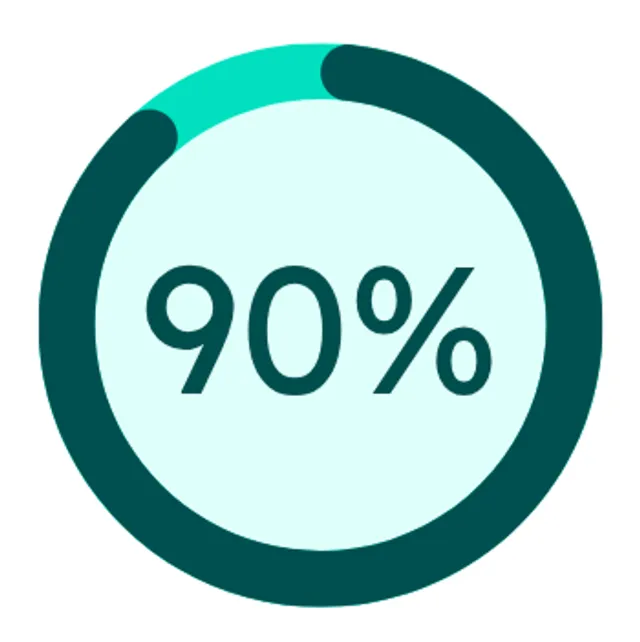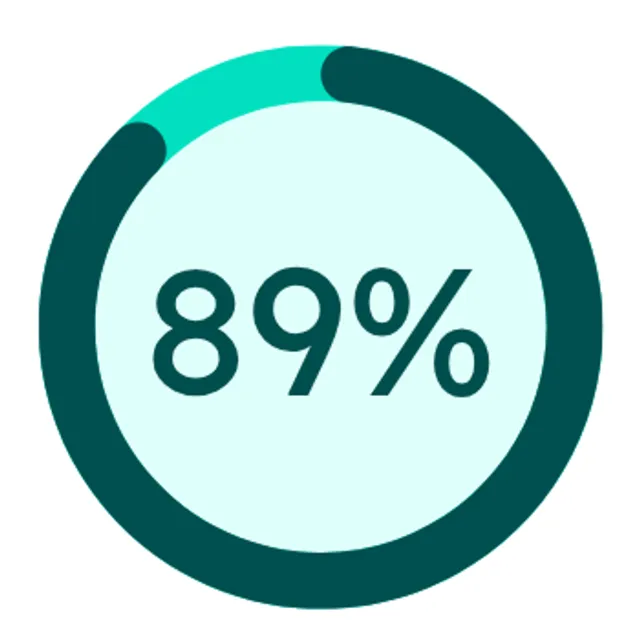A recent study of Gen Z high school students found that only 24% feel they are very prepared to succeed in college (source: Gallup and the Walton Family Foundation survey). Looking farther ahead, only 29% of the surveyed students believe they will be very prepared in the future to succeed in their careers.
95%
94%
93%
93%
91%

said their experience prepared them for college-level writing

said their experience prepared them for college-level academic discussions
My research experience at Polygence really helped me grow—not just as a student, but as a thinker. It taught me how to dig deep into a topic I was genuinely curious about and ask the kind of questions that don’t always have easy answers. Working one-on-one with a mentor gave me the space to explore ideas, make mistakes, and learn from them. I came out of it more confident, more curious, and more excited about learning than ever before.

Stanford University
My Polygence experience has had a significant and positive impact on my college journey so far. Working on an independent research project through Polygence taught me valuable skills in time management, critical thinking, and self-motivation — all of which have been crucial in handling the demands of college coursework. During my project, I had to set deadlines, organize my research, and stay disciplined without constant oversight, which mirrors the independence expected in college. Polygence also improved my ability to communicate complex ideas clearly, both in writing and presentations, which has been extremely helpful in essays, class discussions, and even networking events.

Carnegie Melon University
My Polygence experience has been hugely influential throughout my college journey so far. During my project, I could feel myself learning and growing, and also how it was preparing me for the next stage of my academic career. What I didn’t fully realize at the time was just how important it would become for my experience therein. Coming into college with a background in research really gave me an edge; I already understood how to properly navigate research and get involved, which is something that most students need time- and trial and error- to figure out. Because of Polygence, I feel confident not only in the subject matter of my paper, but also in engaging with the academic community, upholding scholarly integrity, and moving through research with clarity and purpose, all of which are essential to succeeding in college. My ability to understand and conceptualize complex topics, whatever they may be, is now much stronger as well. Additionally, I know that having a credible background in research has helped me pursue more advanced opportunities, thrive within them, and further my life's journey!

Tulane University
My Polygence experience taught me how to approach research with both curiosity and structure. I learned how to develop a compelling research question, synthesize complex sources, and present my findings with clarity and confidence. These skills have helped me tremendously in college—especially in writing-intensive courses and group projects where independent thinking and clear communication are key. The experience also gave me a strong foundation in time management and self-motivation, since I had to manage my own deadlines outside of a traditional classroom. Most importantly, it showed me that I’m capable of diving deep into a topic I’m passionate about and contributing something original to the conversation.

UC Berkeley


